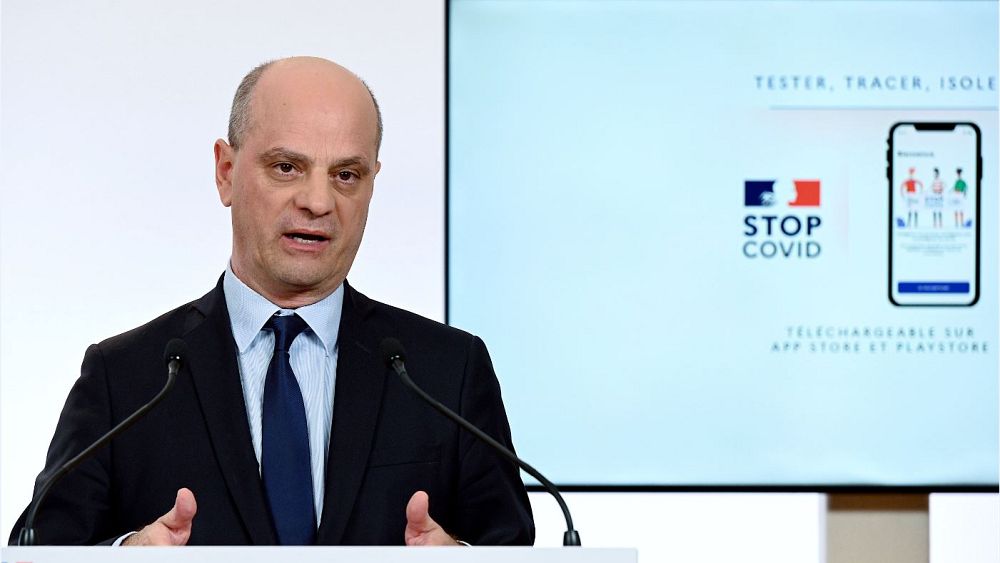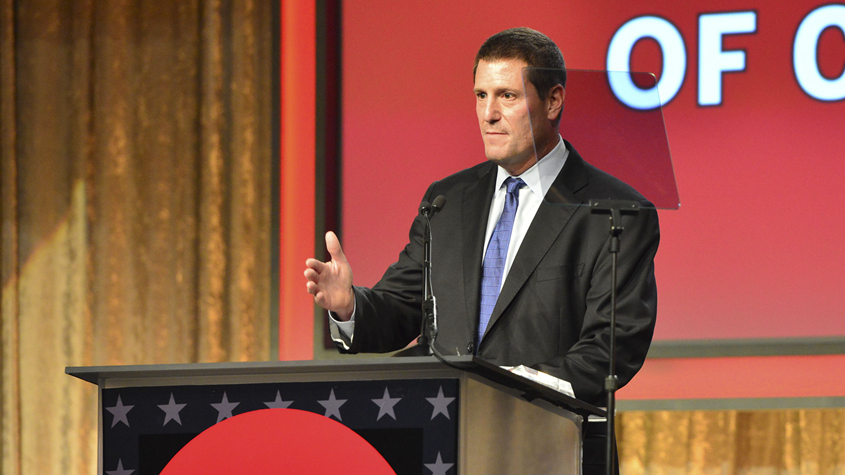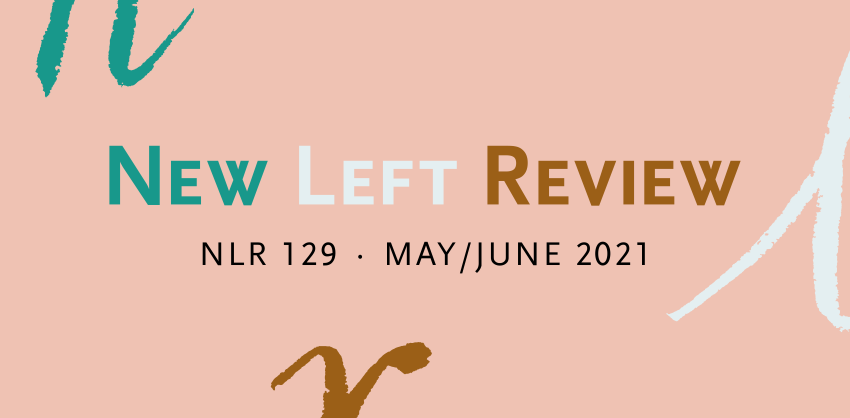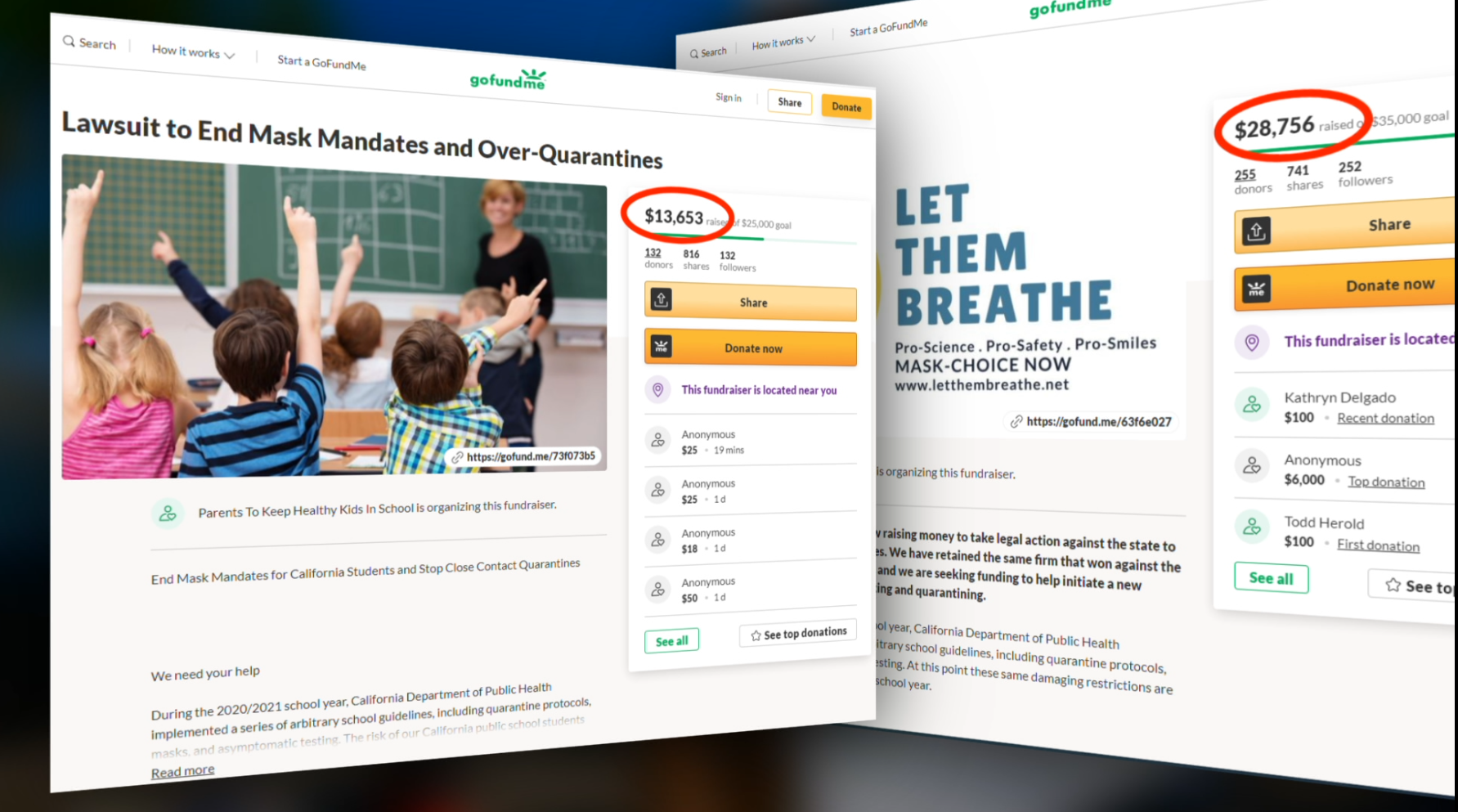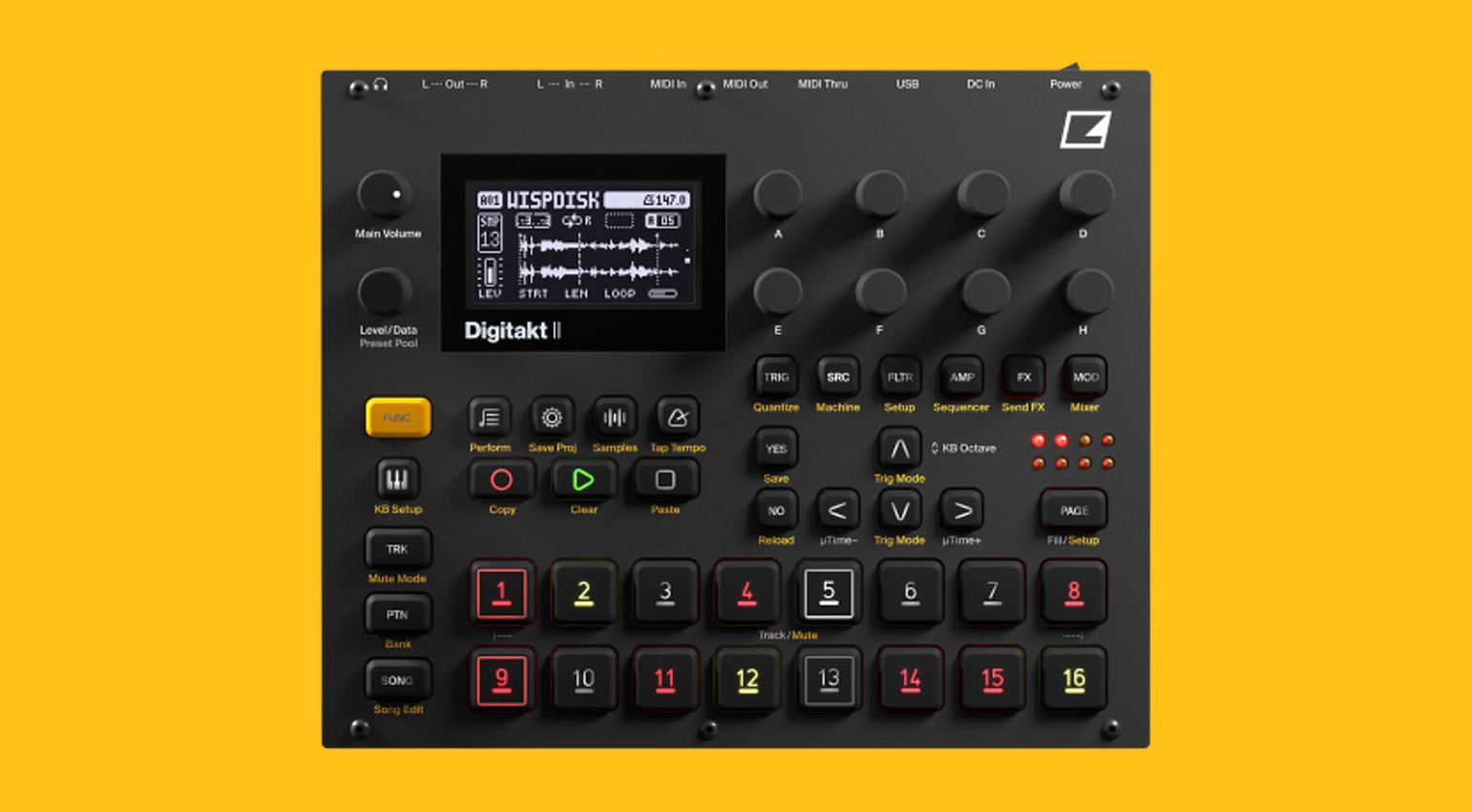
Elite students are debating hot-button issues on an invite-only TikTok clone
At a glance, the video looks like a TikTok. But toward the bottom, where a TikTok’s caption would be, are two large buttons. One reads “Respect But Disagree.” The other reads “Convinced By You.” Across the top is a question, written in white: “Should Dems pack the Court?”
“Hell no,” declares a young woman, whom the app labels “Naomi, Political Science” onscreen. “If Republicans are elected in the future, they’re now going to be more likely to stack the court as well.” Swipe up and “Brian, Founder, Oxford Political Review” appears to express an opposing viewpoint. “As much as I believe Democrats ought uphold norms of civility or neutrality and all that, in theory, look: The reality is it’s dirty, and it’s time we fight back,” Brian declares. Brian’s video is the top-voted video on court-packing, having earned a combined 17 “Respect But Disagree” and “Convinced By You” votes since its posting. Naomi’s video is in fourth place, with four.
This is Polemix, a new, exclusive app aimed at promoting free discourse among young people. As the world’s biggest social networks continuously battle misinformation and draw controversial lines between dangerous and appropriate speech, the founders of Polemix believe they’ve found a better solution: a free market of ideas, with selective admission. So far, the app has attracted a young community that’s eloquent, outspoken, and passionate about the app’s stated philosophy. But it has also served as a microcosmic experiment with online debate culture in concentrated form, and a real-world demonstration of the caveats required to bring such a lofty ideal to life.
